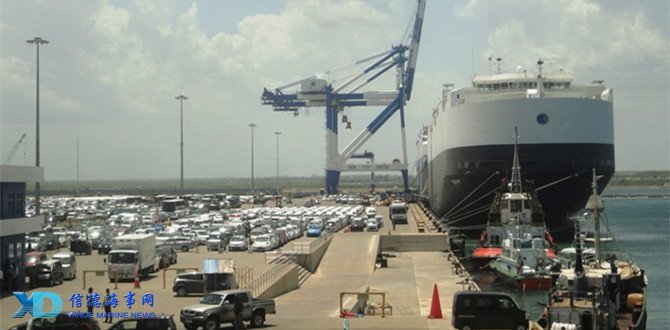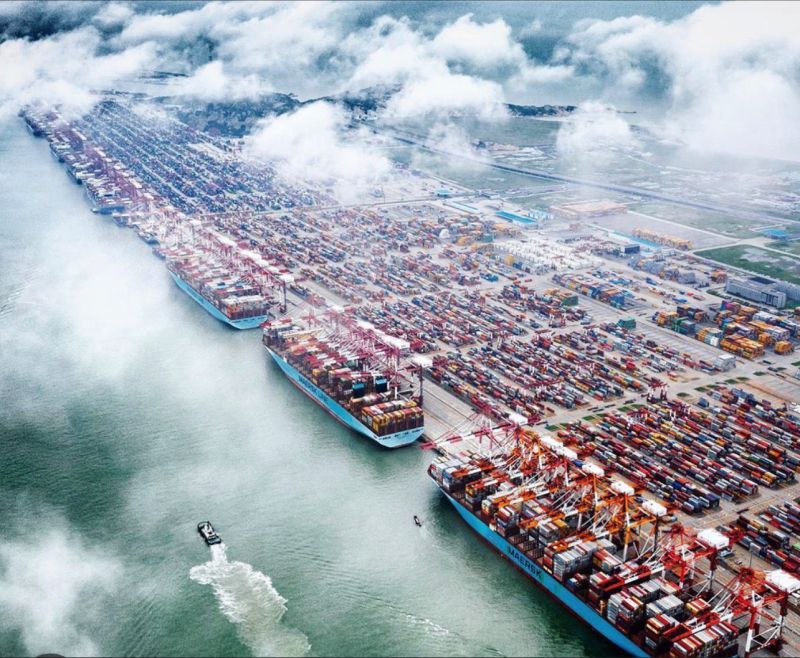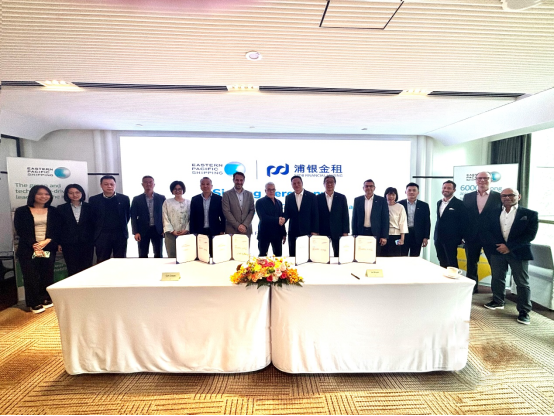
Sri Lanka is reaping early harvests from the China-proposed Belt and Road Initiative, with the launch of a Chinese company's operation of the country's Hambantota Port being one of the examples.
The Hambantota Port was constructed and handed over to China on a 99-year lease last December, the second port project between Sri Lanka and China.
The first is the Colombo International Container Terminal, which has proven to be one of the fastest growing terminals in the world, recording 2.35 million TEU containers since it came into service in 2014.
Hambantota lies in the center of vital energy supply lines from the Middle East, Southeast Asia, and Africa that have to cross the Indian Ocean. It is also the strategic link in China's 21st Century Maritime Silk Road, giving optimism to the Chinese investors about its future development.
"Hambantota Port is not our first investment. Our first investment was in Colombo Harbor. We believe this country has a promising future, for it is at the strategic location. Our data show that traveling time from Sri Lanka to ports in East Asia, like Dalian and Qingdao, is no longer than 12 days. Going west we can arrive in Djibouti and East Africa, no more than eight days. It can also connect with the Persian Gulf. It takes only five days to Dubai," said Ray Ren, CEO of the Hambantota International Port Group.
More than 500 locals work at the port, accounting for more than 98 percent of the staff.
"This facility before we took over was mostly not much jobs were getting created. But apparently after CN ports took over, now a lot of job opportunities have got created to the people who are in the village. Most of the people in Sri Lanka will benefit from this. In coming years they will see the results of it, of course," said Sylesh Peerez, operation manager of the Hambantota International Port Group.
China is now the largest source of foreign investment in Sri Lanka. Local people believe they will benefit from economic cooperation.
"China invests in Sri Lanka. China has the expertise and technologies that can be transferred to Sri Lanka. So investment will create jobs and jobs will uplift economy. Knowledge and technology transfer will in general increase Sri Lanka's competitiveness," said Saliya Wickramasuriya, former chairman of Sri Lanka Ports Authority.
Now the port is mainly used to transport vehicles. But the company aims to transform it into the largest multi-purpose port on the island nation. The Sri Lanka government has been taking steps to construct an economic zone in this region. China also has huge plans to turn it into a key regional shipping hub by 2050 so as to enhance economic development in South Asia.
Sources: ECNS
Please Contact Us at:
admin@xindemarine.com



 China’s First Bulk Bunkering of Domestic Green Me
China’s First Bulk Bunkering of Domestic Green Me  Rotterdam and Singapore Strengthen Collaboration on
Rotterdam and Singapore Strengthen Collaboration on  MPA and CMA CGM Sign MoU to Enhance Sustainable Shi
MPA and CMA CGM Sign MoU to Enhance Sustainable Shi  China's Ports Surge Ahead: Major Container Terminal
China's Ports Surge Ahead: Major Container Terminal  Port of Hamburg: Growth in container throughput and
Port of Hamburg: Growth in container throughput and  EPS and SPDB Financial Leasing sign financing agree
EPS and SPDB Financial Leasing sign financing agree